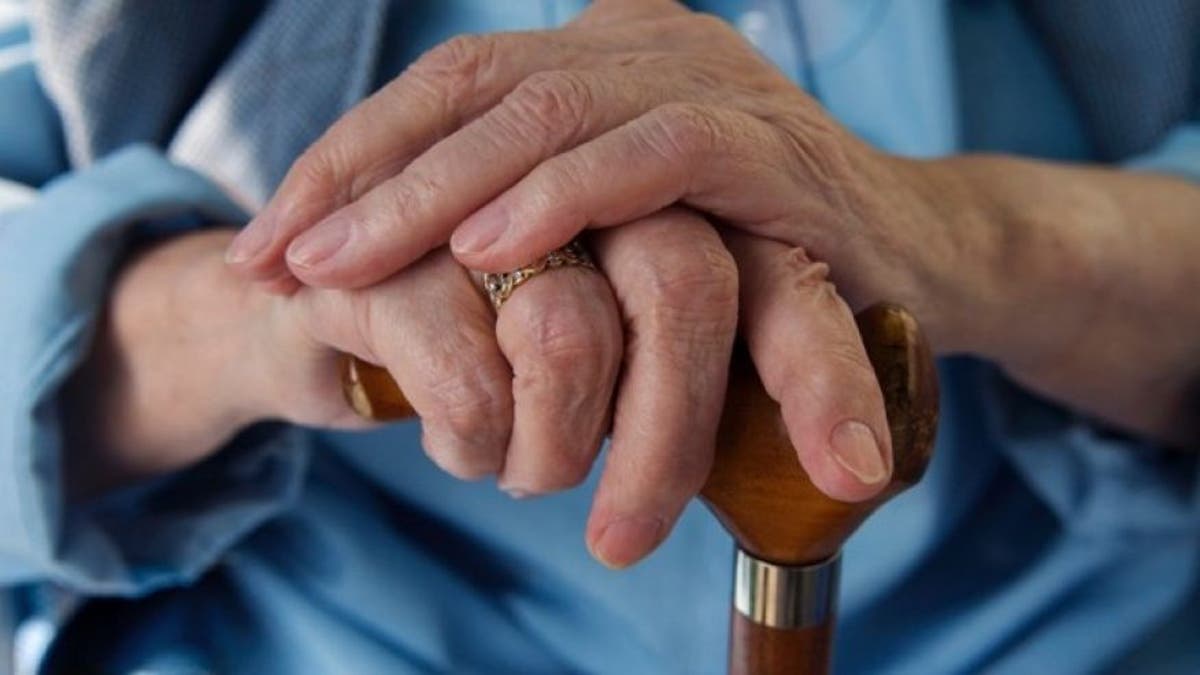
Fewer U.S. nursing home patients with dementia are getting feeding tubes as mounting evidence suggests it may not help them live longer or make them more comfortable, new research suggests.
Researchers focused on the sickest dementia patients who tend to have difficulty chewing and swallowing as they near the end of life, a point when they may also struggle to speak, recognize loved ones, get out of bed or go to the bathroom independently.
The proportion of these advanced dementia patients who got feeding tubes when they couldn't eat on their own dropped from 12 percent in 2000 to 6 percent in 2014, according to an analysis of data on 71,000 nursing home residents published in JAMA.
"Families should understand that by foregoing tube-feeding, care is not stopped," said lead study author Dr. Susan Mitchell of the Hebrew SeniorLife Institute for Aging Research at Harvard University in Boston.
"Rather, care is focused on treatments that maximize comfort and quality of life," Mitchell added by email.
No rigorous studies over the past two decades have shown feeding tubes can benefit advanced dementia patients, Mitchell noted.
When families understand this, they increasingly opt instead for palliative care with an emphasis on comfort and quality of life.
There was, however, a stark racial divide in feeding tube use.
The proportion of white dementia patients who got feeding tubes dropped from 8.6 percent to 3.1 percent during the study period, while the decrease for their black peers was from 38 percent to 18 percent.
One limitation of the study is that it focused on a subset of nursing home residents with advanced dementia that had been identified as needing help to eat, which may underestimate the number of feeding tubes inserted, the authors note.
Another shortcoming is that the proportion of U.S. nursing home residents with advanced dementia and eating problems declined during the study period as more such individuals received care in other settings. This, too, might mean the findings don't reflect every advanced dementia patient that received a feeding tube.
Instead of focusing on feeding tubes, families can find out what types of nutrition may be easier for advanced dementia patients to consume, said Dr. Laura Hanson, a geriatric medicine researcher at the University of North Carolina in Chapel Hill.
"If the person has advanced dementia such that they require help with all basic activities and struggle to recognize family, families should understand that a feeding tube simply won't help," Hanson, who wasn't involved in the study, said by email. "But they may wish to talk with an expert about types of food and drink, and techniques to help with eating by mouth."
A separate study of about 400 hospital patients who received feeding tubes in Israel found worse outcomes when people had dementia than with other neurological problems or medical issues such as cancer.
Compared with other people in the study, the dementia patients who received feeding tubes had higher rates of repeat hospitalizations six months later and shorter survival times.
Researchers also did lab tests to see how much feeding tubes actually helped provide nutrition and found less evidence that it did with dementia patients than the other participants.
The findings in Israel, published in the Journal of Clinical Gastroenterology, mirror other research that's been driving a decline in feeding tube use for advanced dementia patients in the U.S., Hanson said.
"Several studies compare persons with advanced dementia who do or do not receive a feeding tube, and show this procedure does not add to survival time, function or offer other health benefits," Hanson said.








































